
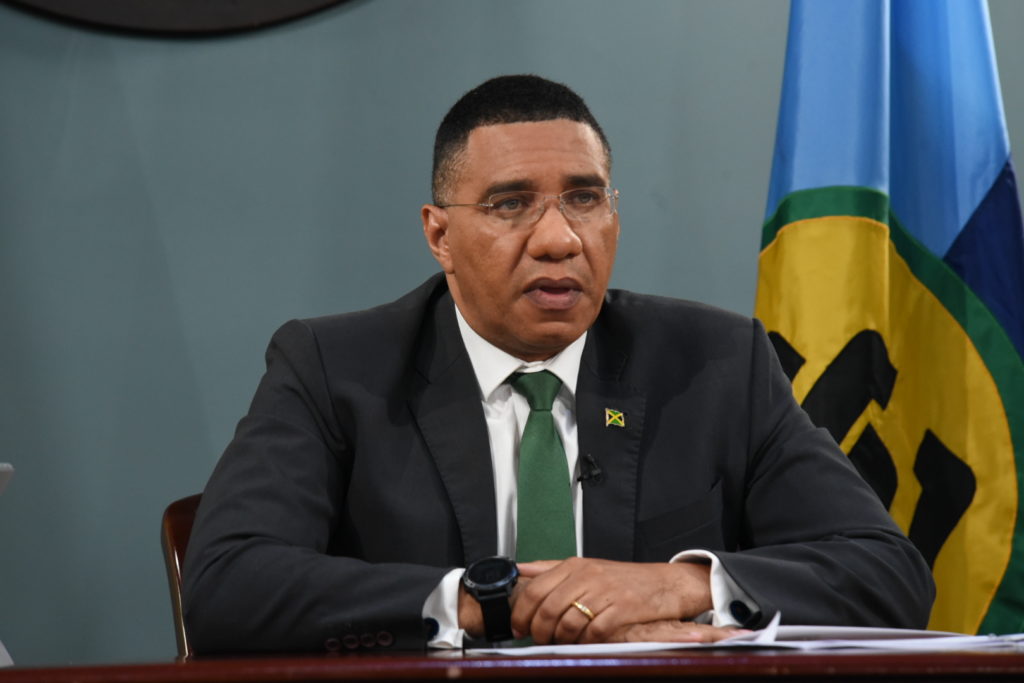
It was an election said to herald great change for Jamaica, however, one year and a week later, the majority of Our Today readers have not seen any of what was promised by Prime Minister Andrew Holness.
The question, posed to Our Today readers in its latest poll, was simple: “It has been just over a year since the September 3, 2020 general elections in Jamaica. Since then, do you believe the Holness administration’s management of the country’s challenges has been a success or failure”?
An overwhelming amount, 50 per cent, voted that the Holness Administration failed Jamaica since being re-elected in a landslide victory.
Some 37.5 per cent of respondents felt Holness’ handling of the country was a ‘success’, while the remaining 12.5 per cent of Our Today readers voted they were ‘unsure’.
The results paint a bleak picture for an increasingly pressured Holness, whose popularity has taken a nosedive since his return to power last year.
It is a shocking about-face considering where Prime Minister Andrew Holness started the year. Confronted with the looming threat of the coronavirus (COVID-19) pandemic, Jamaica ushered 2021 with 12,915 cases as of New Year’s Day—2,080 of which were listed as active infections.
Nine months, and two deadly waves later, the country has cemented itself as having the worst response in CARICOM and has seen its COVID caseload swell to 76,987 as of September 13.
The situation has never been direr for Jamaica, as the 23,762 active cases (the island’s previous peak) recorded on May 3, are far below the strenuous 25,174 existing infections registered just Monday.
Fuelled by the Delta variant, the positivity rate has kept stable close to 50 per cent and soaring hospitalisations continue to push the public health sector to the brink of collapse.
Jamaica’s bleeding dollar, the growing perception of corruption, rising food and utility costs, as well as mental (and macroeconomic) fatigue over repeated weekends of lockdowns, are added kindling to Holness’ governance crisis.

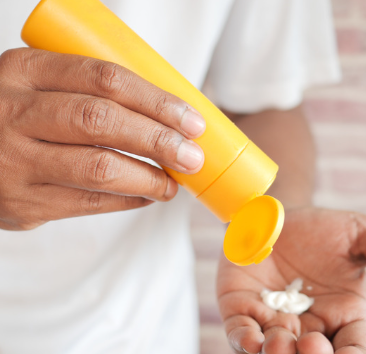
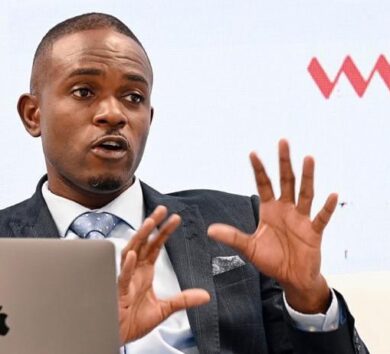
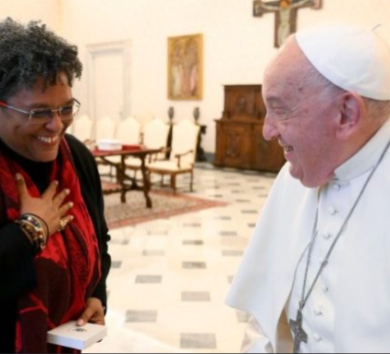
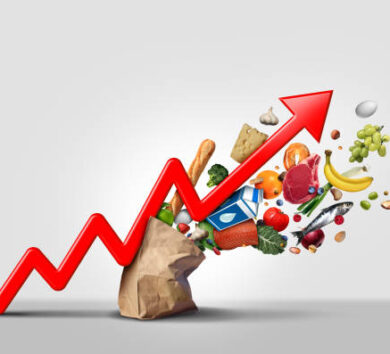


Comments